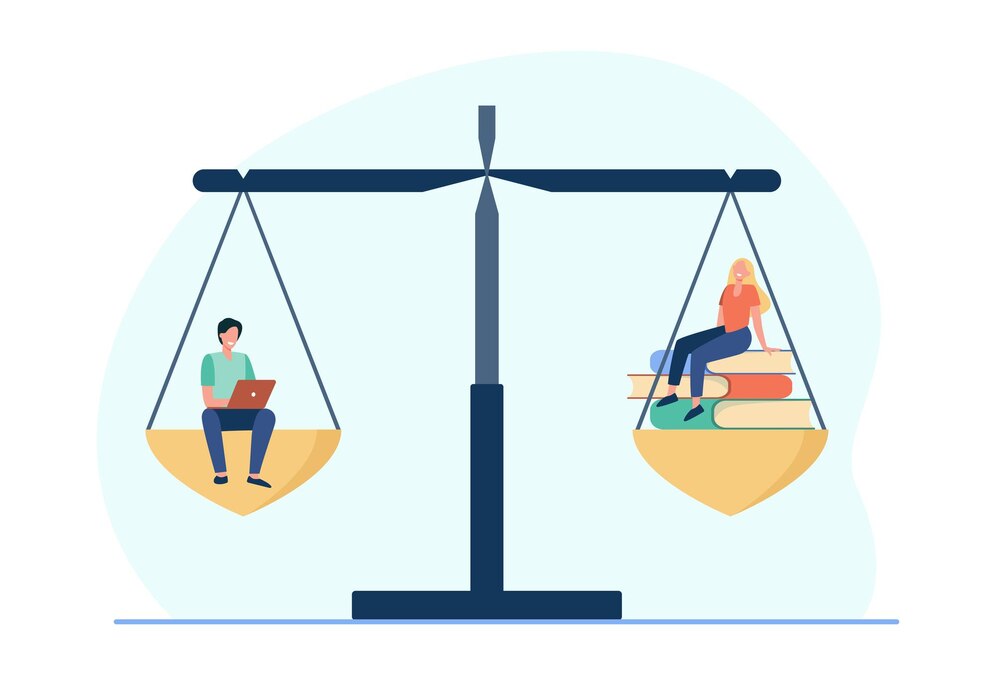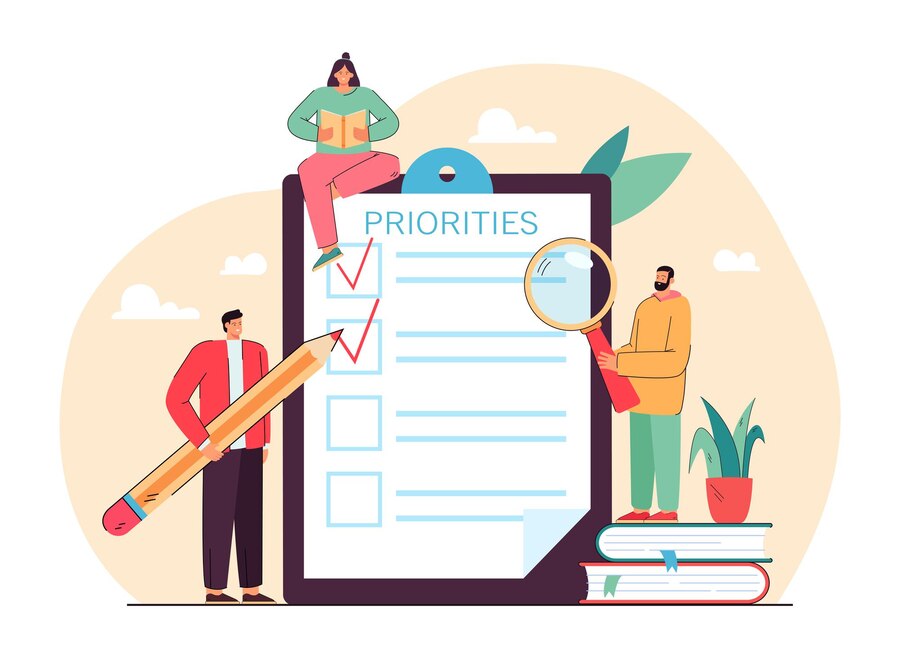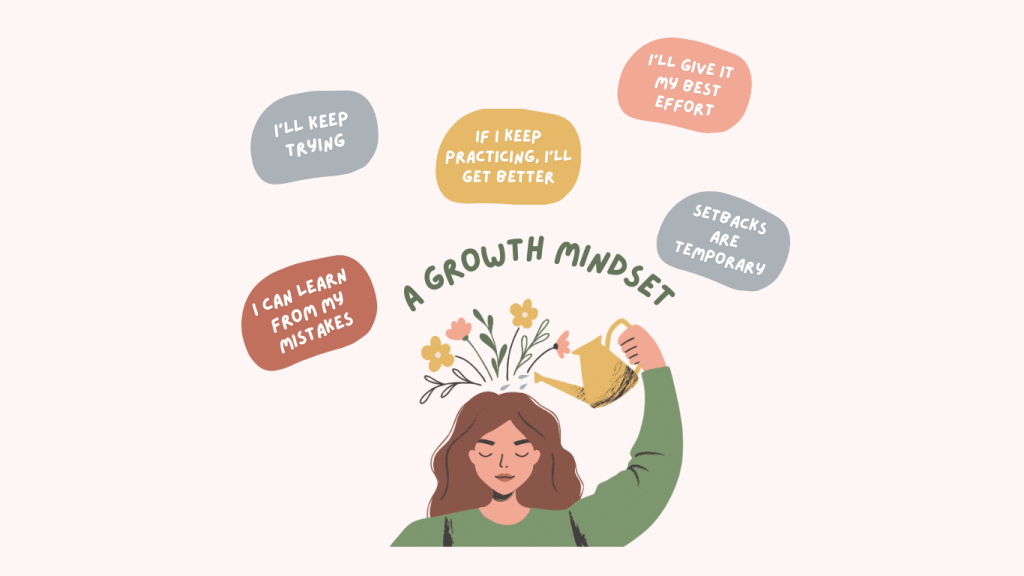
SEL for Students: Self-Care and Self-Management for Emotional Well-being
Are you aware that students who have strong Social and Emotional Learning (SEL) skills not only excel academically but also have healthier relationships and greater emotional resilience? Imagine a world where you have the tools to navigate the ups and downs of life with grace, where your emotional well-being is as important as your grades.
In this blog, we will delve deeper into these important aspects of student life! We’ll explore the transformative power of self-care and self-management and their deep connection to SEL skills, all while helping you thrive in your academic and personal life.
Understanding Self-Care
First, let’s talk about self-care. Self-care is the practice of taking time for yourself to maintain and improve your mental, emotional, and physical well-being. It’s all about treating yourself with kindness and ensuring you’re at your best. Here are some self-care ideas that can work wonders for your emotional health:
- Physical Health: Prioritize regular exercise, balanced nutrition, and adequate sleep. These are fundamental building blocks for emotional well-being.
- Mental Health: Make time for relaxation, mindfulness, and stress management techniques like deep breathing or meditation. These practices can help you cope with the challenges of daily life.
- Emotional Health: Surround yourself with people who make you feel good, and don’t be afraid to reach out to friends, family, or professionals if you need to talk about your feelings.
Understanding Self-Management
Self-management is all about taking control of your actions, emotions, and reactions. It’s a valuable skill that can be closely tied to self-care. When you learn to manage your emotions and behaviors effectively, you reduce stress and increase your overall well-being.
Here’s how self-management connects with self-care:
- Recognizing Your Emotions: Before you can manage your emotions, you need to be in tune with them. Self-awareness is a crucial part of self-management. Knowing how you feel allows you to take action to address those feelings.
- Emotion Regulation: This involves controlling your emotions in various situations. It’s okay to feel angry or upset, but how you express and manage those emotions can make all the difference.
- Problem Solving: Effective self-management includes problem-solving skills. When you face a challenge, whether it’s an academic problem, an interpersonal conflict, or something else, the ability to strategize and work through it is essential.
The Connection to SEL
So, how do self-care and self-management relate to SEL skills? SEL is about understanding and managing emotions, setting and achieving goals, feeling empathy for others, and maintaining positive relationships. Self-care and self-management directly contribute to these core SEL competencies:
- Self-Awareness: Self-care encourages you to tune into your emotions and feelings, fostering self-awareness. Self-management helps you recognize and handle those emotions effectively.
- Self-Management: As the name suggests, self-management skills are a key component of SEL. By practicing self-care, you are proactively managing your well-being, which is an essential part of self-management.
- Relationship Skills: When you take care of yourself, you’re better equipped to build positive relationships with others. Your improved emotional well-being positively impacts how you interact with friends, family, and peers.
- Responsible Decision-Making: Self-care and self-management teach you to make responsible decisions for your well-being. You learn to weigh your choices and consider their impact on your emotions and overall life.
Why Are SEL Skills Important for Students?
Now, you might be wondering, why are these skills so important for students like you. Well, there are several reasons:
- Academic Success: SEL skills can improve your ability to focus, set and achieve goals, and manage your time effectively, all of which contribute to better academic performance.
- Emotional Well-being: Developing these skills helps you manage stress, anxiety, and other emotional challenges that often come with the demands of school and life.
- Healthy Relationships: SEL skills play a crucial role in building and maintaining positive relationships with friends, family, and teachers. They can help you navigate conflicts and build a strong support system.
- Life Skills: These skills are not just for school; they’re life skills. The emotional intelligence you develop through SEL can benefit you in all areas of life, from your future career to your personal relationships.
Conclusion
In conclusion, self-care and self-management are fundamental practices that contribute to your emotional well-being. They are the building blocks of your Social and Emotional Learning journey, enhancing your self-awareness, self-management, and relationship skills. When you prioritize self-care and develop strong self-management skills, you’re better equipped to handle life’s challenges and build healthier, more fulfilling relationships with those around you.





Responses